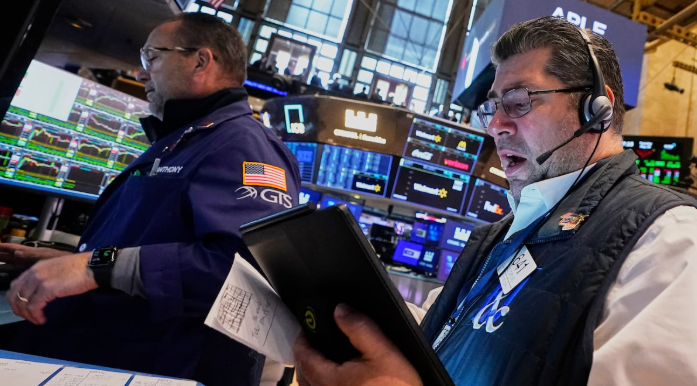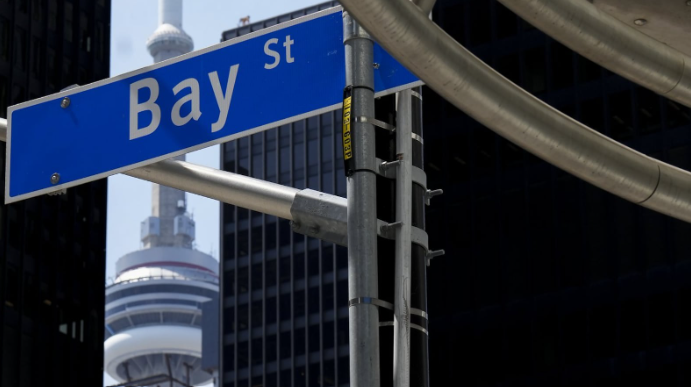
Philip Petursson, the chief investment strategist at IG Wealth Management, gives his take on how the markets are responding to Trump’s new tariffs.
U.S. and European stock markets faced a sharp drop on Friday following former President Donald Trump's sudden threat to impose new tariffs on the European Union. He proposed a 50% duty on EU imports, possibly beginning as soon as June 1, citing stalled trade discussions as the reason for the drastic move.
The fallout was immediate. Wall Street saw all major indexes close in the red. The S&P 500 slid 0.7%, recording its worst week in nearly two months. The Dow Jones dropped 256 points (0.6%), and the tech-heavy Nasdaq tumbled 1%.
In Europe, the reaction was just as swift. France's CAC 40 dropped 1.7% shortly after the announcement. U.S. futures, which had hinted at a relatively stable open, reversed direction fast, dragging markets lower.
Trump's comments were made through his Truth Social platform before markets opened. He declared that trade talks with the EU were "going nowhere" and warned that tariffs could be imposed without further notice.
The uncertainty triggered a brief panic. At the start of trading, the S&P 500 dipped as much as 1.3% before recovering slightly. Investors tried to figure out whether Trump's move was a hard-line threat or simply a negotiating tactic.
Apple, however, felt the burn. The tech giant’s stock fell 3% after Trump took aim directly at the company. He said he had asked CEO Tim Cook to shift iPhone production to the U.S. and warned that a 25% tariff would hit Apple if it continued making phones abroad. He later clarified that the potential tax would apply to all smartphone makers outside the U.S., including Samsung.
This isn’t the first time Trump has publicly pressured companies. In the past, he told Walmart to absorb tariffs instead of raising prices. Now, the uncertainty created by his latest threats is beginning to ripple across businesses.
Deckers Outdoor, known for brands like Hoka and Uggs, chose not to provide a full-year financial outlook, citing economic unpredictability. Instead, it offered a quarterly forecast that disappointed analysts, sending its stock crashing nearly 20%—despite beating profit expectations for the current quarter.
Ross Stores followed suit. The off-price retailer also withdrew its annual guidance. CEO Jim Conroy pointed out that more than half its merchandise is sourced from China and warned that elevated tariffs would eat into profit margins. The company’s stock dipped almost 10% as a result.
Still, not all companies ended the day on a low note. Intuit, which owns TurboTax and Credit Karma, gained 8.1% after reporting better-than-expected earnings and raising its yearly forecast. Meanwhile, the nuclear sector surged after Trump signed orders to fast-track nuclear power development. Oklo, a clean energy startup, leapt 23%.
Despite a brief rebound earlier in the month, this renewed tariff threat has revived recession concerns. Just weeks ago, the S&P 500 had clawed its way back near its all-time high after Trump eased tariffs on other countries. Now, investors are bracing for more volatility.
Bond markets reflected the nervousness, too. Yields on the 10-year Treasury slipped to 4.51% from 4.54% as investors turned to safer assets.
In Asian markets, which closed before Trump’s remarks, the reaction was mixed. Japan’s Nikkei rose 0.5%, while Shanghai’s index fell 0.9%.















